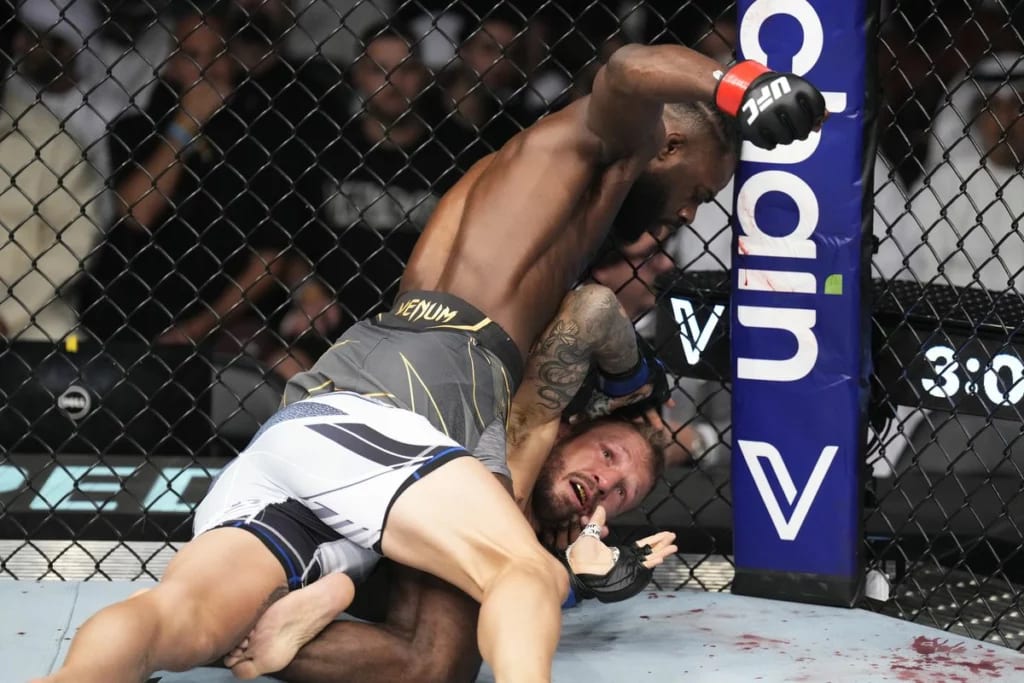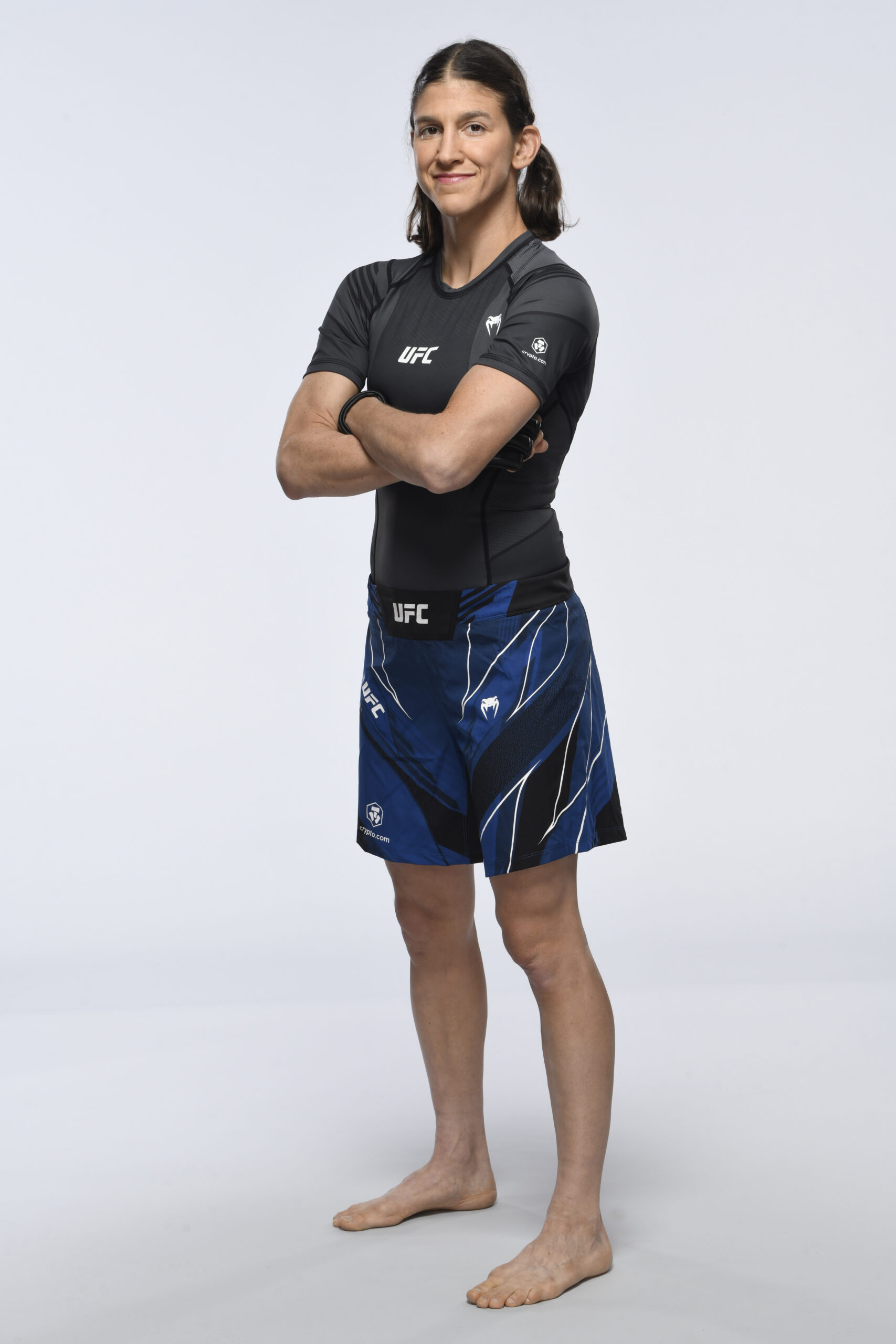Recently, the UFC athlete code of conduct policy was updated to prohibit fighters and their close associates from wagering on UFC events. There are concerns that fighters and team members might have inside information on injuries or training that would contribute to the success of their bets.
When I first came to Vegas in 2013, I personally bet maybe three times on fights. I was not with the UFC at the time. I put 50 bucks each on my friends at various times. I won once, and lost twice. I correctly surmised I’d be so sad they lost that I wouldn’t really be focused on myself losing money.
If I won, it’d be a nice bonus. I eventually stopped placing bets because the casino near me didn’t offer bets for smaller cards my teammates were on, and I couldn’t figure out online betting, so I just gave up. However, I enjoyed it when I did it!
Betting added an extra flavor of excitement. “I really hope my friend wins! Hey, he’s doing so well! Oh my gosh, he’s almost triangling that guy! AAaaaand I might get free groceries for a week.”
Now, I realize this can be considered “insider trading,” which means someone has information that is not public and uses it to make a profit. For example, my uncle could be the president of a company and shares undisclosed information about the bumper profit his business is going to report shortly. I buy his company’s stock ahead of the announcement and get rich. That’s illegal.
Martha Stewart
I believe that life isn’t always fair, and every man or woman for themselves. However, there are laws, and people have done prison time for insider trading in business, for example Martha Stewart.
When I bet, I didn’t necessarily have information about an injury. I just hoped my teammate would win, and enjoyed the added suspense.
Where do you draw the line? I’m no longer with the UFC but I used to be, and I go to gyms sometimes. Am I automatically an associate of all the gyms I’ve been to? If I see someone with an injury and bet against them, that’s technically private or non-public knowledge I’m acting upon.

But anyone can see a fighter limping down the street. I think that’s their fault for not hiding their injuries better. You never know who’s going to pull off the win. Someone in great shape could be defeated by someone with an injury. There are odds, but MMA is unpredictable because there are so many factors. Nothing is set in stone.
Betting on fights
I think that fighters, coaches, and anybody in the field would have a deep understanding of the sport, and therefore would be best equipped to bet correctly and make money.
For example, “Fighter A submits everyone in my gym… in fact, he tapped me out five times in five minutes yesterday, so for sure he can sub that guy in his UFC fight.”
The fight that’s drawn tons of scrutiny recently was Darrick Minner’s UFC Vegas 64 clash against Shayilan Nuerdanbieke. The betting lines moved heavily against Minner ahead of his first-round loss against his Chinese rival. Minner went down with a knee injury, and authorities are now investigating if knowledge of that injury was leaked to gamblers before the fight.
All fighters are supposed to try and hide their injuries or others can take advantage of them. It’s kind of the unspoken “common sense” rule for fighters. Fighting is “The Hurt Business,” in which fighters themselves are often injured going into fights, while trying to hurt the other person more to win.
Included in that investigation is Minner’s coach James Krause, who has also been suspended from cornering fights. I don’t know what Krause knew or whether he placed a bet. Regardless, the message in the investigation is clear: People have to play by the rules or they won’t be invited to play.
Capitalism attempts to make level playing fields for people to profit, and ‘insider trading’ disrupts that. The UFC is smart from a legal standpoint to create rules against it.


